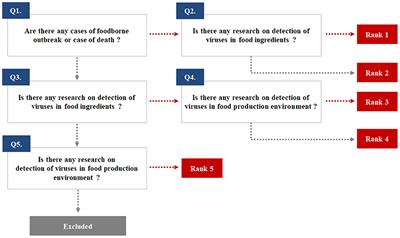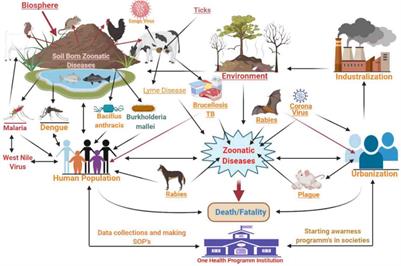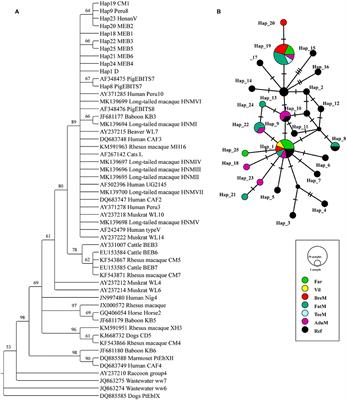EDITORIAL
Published on 22 Nov 2022
Editorial: Needs and potential application of One Health approach in the control of vector-borne and zoonotic infectious disease
doi 10.3389/fmicb.2022.1089174
- 1,659 views
- 1 citation
17k
Total downloads
75k
Total views and downloads
EDITORIAL
Published on 22 Nov 2022
ORIGINAL RESEARCH
Published on 30 Sep 2022

ORIGINAL RESEARCH
Published on 18 Jul 2022

REVIEW
Published on 04 Apr 2022

ORIGINAL RESEARCH
Published on 17 Mar 2022

ORIGINAL RESEARCH
Published on 14 Mar 2022

REVIEW
Published on 08 Feb 2022

ORIGINAL RESEARCH
Published on 02 Dec 2021

ORIGINAL RESEARCH
Published on 20 Oct 2021

PERSPECTIVE
Published on 08 Oct 2021

ORIGINAL RESEARCH
Published on 29 Sep 2021

ORIGINAL RESEARCH
Published on 02 Aug 2021

